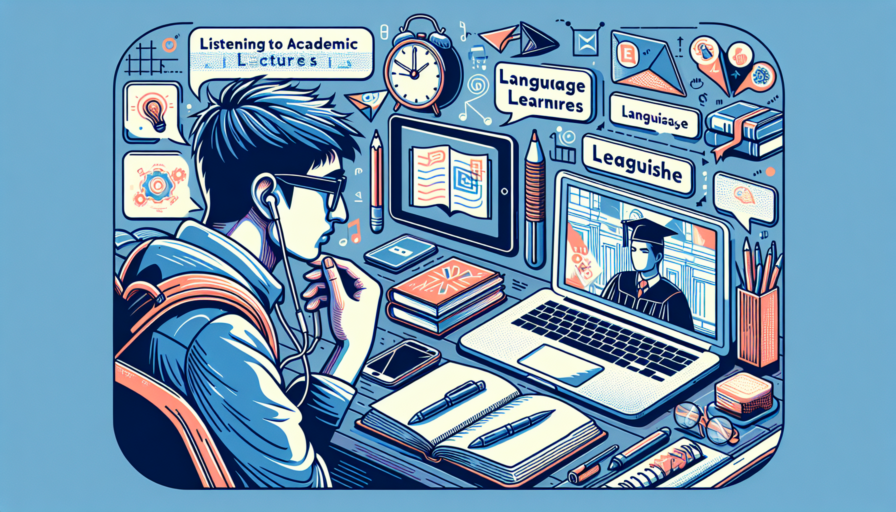
Contents
In our journey through education at Britannia School, we have come to recognize that listening skills play a critical role in shaping our academic success. By actively engaging in the practice of listening, we are not only enhancing our understanding of the material presented but also fostering a more interactive and inclusive classroom environment. This allows us, as students, to collaborate effectively and share insights that enrich our collective learning experience.
Effective listening skills empower us to:
Furthermore, mastering listening skills equips us with essential interpersonal abilities that extend beyond the classroom. We find ourselves better prepared to respond to the diverse viewpoints of our classmates, enhancing our ability to participate in constructive debates and discussions. Through attentive listening, we are cultivating a positive learning atmosphere that benefits everyone involved.
As we continue to prioritize listening skills in our academic endeavors at Britannia School, we recognize their foundational role in our educational growth. By committing to improve these skills, we are setting ourselves up for future success, both academically and socially.
At Britannia School, we understand that mastering effective listening during academic lectures is crucial for academic success. By adopting certain strategies, we can enhance our ability to absorb and retain information presented by our instructors. Here are some top strategies that we can implement to ensure we develop our effective listening skills:
By implementing these strategies for effective listening, we can significantly improve our learning experience during academic lectures. Through collective effort and dedication, we will not only enhance our comprehension but also cultivate essential skills that will benefit us throughout our educational journey.
To effectively enhance our vocabulary for better comprehension in lectures, we can adopt several strategic approaches. Expanding our lexicon not only aids in understanding complex terminologies but also boosts our confidence during discussions. One of the fundamental methods we can employ is active reading. By engaging with a variety of texts, including academic journals, novels, and articles, we expose ourselves to diverse vocabulary within context.
Another effective strategy is the consistent practice of using new vocabulary. We can create a habit of introducing a set of new words each week, fully integrating them into our daily conversations and writing. This not only helps in retention but also allows us to become familiar with their practical applications. Keeping a personal vocabulary journal can significantly aid this process, allowing us to document and revisit our learned terms regularly.
By employing these methodologies, we actively cultivate a richer vocabulary that will lead to enhanced comprehension in lectures. As we recognize and utilize new vocabulary, we not only improve our understanding of the material presented but also participate more meaningfully in academic discourse.
At Britannia School, we believe that effectively capturing key information is essential for academic success. One of the most powerful tools to achieve this is through note-taking techniques. By employing different methods, we can enhance our understanding and retention of material, ensuring we grasp critical concepts during lectures and study sessions.
There are several note-taking techniques that we can utilize to optimize our learning experience. Here are a few effective approaches:
By integrating these note-taking techniques into our study habits, we can make the most out of our educational journey. Each method provides a unique way to engage with content, cater to our personal learning styles, and ensure that we capture key information effectively.
At Britannia School, we understand that developing strong listening skills is vital for C1 English learners aiming to succeed in both academic and professional environments. To assist you in this journey, we have curated a selection of effective practice resources and tools designed specifically for advanced learners. By integrating these resources into your study routine, you can enhance your comprehension and actively engage with diverse audio materials.
Here are some powerful resources we recommend for improving listening skills:
In addition to these resources, we should also consider utilizing technology to our advantage. Applications and software offering C1 English listening exercises often include features that allow us to listen at different speeds, providing an adjustable learning experience tailored to our needs.